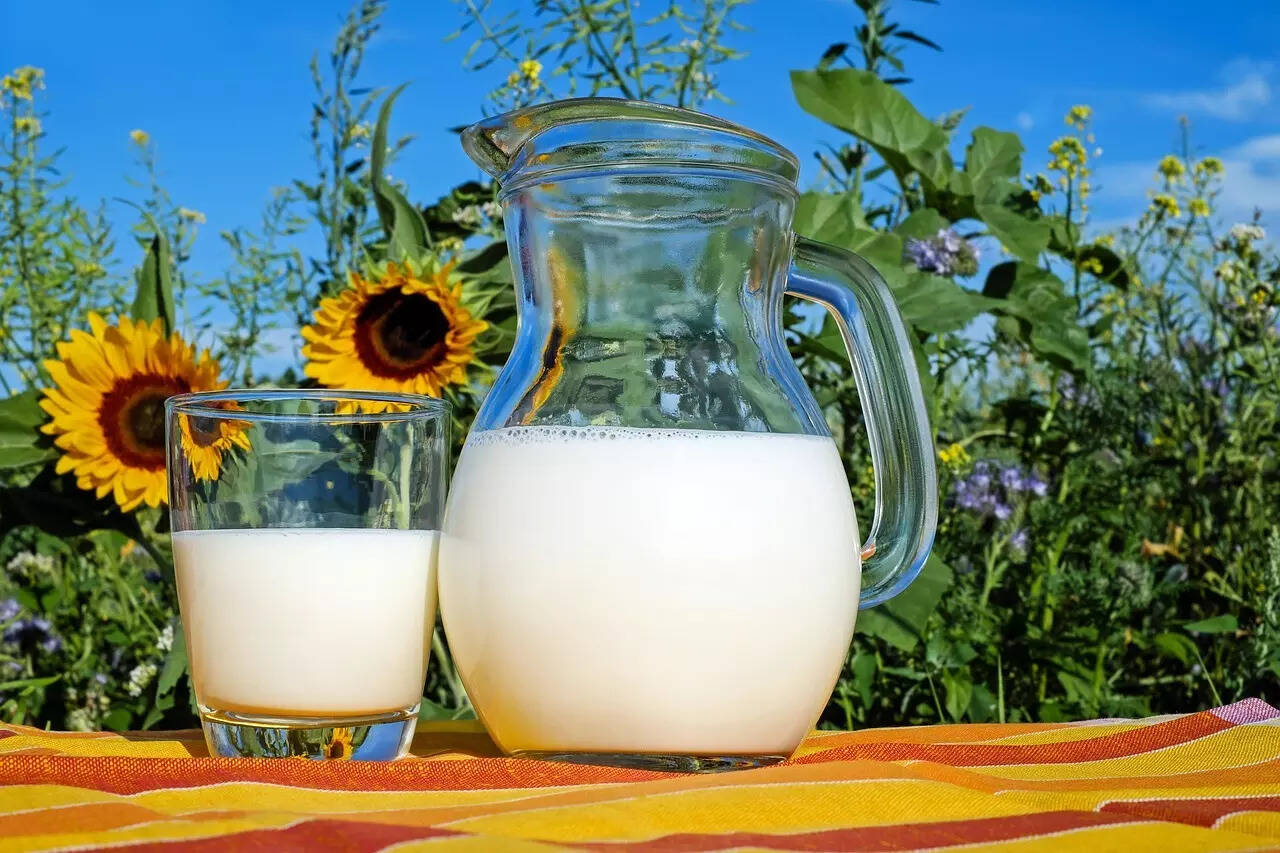Milk Curdling in Tea or Soup? Here’s the Simple Fix
Have you ever poured milk into your tea or soup, only to watch it curdle and ruin the drink? Milk curdling is a common kitchen problem, especially when cooking acidic dishes or mixing hot liquids. But the good news is, with a few simple tips, you can prevent this from happening and enjoy smooth, creamy tea and soups every time.
Why Milk Curds in Tea or Soup
Milk curdles when its proteins, mainly casein, separate from the water. This usually happens due to:
Simple Fixes to Prevent Curdling
Use Fresh Milk
Always check the milk’s expiry date and smell. Fresh milk curdles much less than old milk.
Warm the Milk Slowly
Avoid pouring cold milk directly into boiling tea or soup. Heat it gradually or temper it by adding a small amount of hot liquid first.
Reduce Acid Contact
For soups with tomatoes or citrus, add milk towards the end of cooking. This prevents the milk from reacting with the acids.
Add a Pinch of Baking Soda
A tiny pinch of baking soda can neutralize acidity and stop milk from curdling, especially in soups or curries.
Use Full-Fat Milk
Full-fat milk is more stable when heated than skimmed or low-fat varieties, reducing the chances of curdling.
With these simple tips, you can enjoy silky tea and creamy soups without worrying about curdled milk. A little care and the right technique go a long way in keeping your beverages and dishes smooth and delicious.

Why Milk Curds in Tea or Soup
Milk curdles when its proteins, mainly casein, separate from the water. This usually happens due to:
- High acidity: Ingredients like lemon, tomato, or vinegar in soups can trigger curdling.
- High heat: Boiling milk too fast or adding it to very hot liquids can cause separation.
- Spoiled or old milk: Milk past its prime curdles more easily.
Simple Fixes to Prevent Curdling
Use Fresh Milk
Always check the milk’s expiry date and smell. Fresh milk curdles much less than old milk.Warm the Milk Slowly
Avoid pouring cold milk directly into boiling tea or soup. Heat it gradually or temper it by adding a small amount of hot liquid first. Reduce Acid Contact
For soups with tomatoes or citrus, add milk towards the end of cooking. This prevents the milk from reacting with the acids.Add a Pinch of Baking Soda
A tiny pinch of baking soda can neutralize acidity and stop milk from curdling, especially in soups or curries. Use Full-Fat Milk
Full-fat milk is more stable when heated than skimmed or low-fat varieties, reducing the chances of curdling. With these simple tips, you can enjoy silky tea and creamy soups without worrying about curdled milk. A little care and the right technique go a long way in keeping your beverages and dishes smooth and delicious.
Next Story